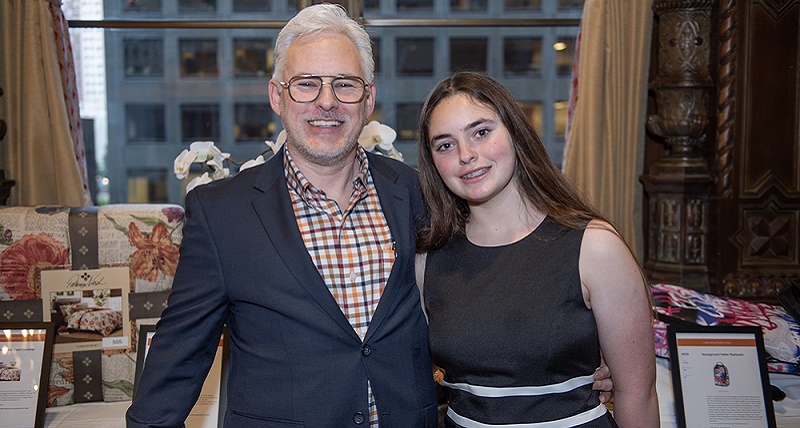Antiinflammatory effects (systemic effects)High levels of cortisol used in drug therapy suppress inflammatory response and inhibit proinflammatory activity of many growth factors and cytokines; however, over time some individuals may develop tolerance to glucocorticoids, causing an increased susceptibility to both inflammatory and autoimmune diseases
A recent patient I have is a middle-aged female with respiratory failure, chronic COPD, pre-diabetes that is diet-controlled, and a slow-healing wound on her forearm. Her normal random blood glucose before lunch is around 100-120 mg/dL; it is now 190-210 mg/dL. She recently had bronchitis and needs corticosteroid therapy. This patient demonstrates how chronic physiological stress, combined with necessary medical intervention, can interact and alter clinical outcomes. Her chronic illness and acute bronchitis treatment with corticosteroids stimulates the sympathetic nervous system to increase the cortisol effects. The cortisol effects promote glucogenesis and insulin resistance. This elevated glycemic state impairs wound healing by reducing leukocyte function and collagen synthesis, contributing to the staling of her arm wound. The increased blood glucose also triggers overstimulation of mitochondrial respiration, leading to increased metabolic output. I noticed an increase in her respiratory rate from 16 to 19-20 and in oxygen usage from 2L to 3L to offset the metabolic output. The patient stated she hasn’t been sleeping well due to increased oxygen requirements and a higher respiratory rate. The combination of chronic illness, acute bronchitis, and medical intervention creates a domino effect that delays the patient from healing and maintaining homeostasis.


 Photo of Richard Macksey's Library by Will Kirk
Photo of Richard Macksey's Library by Will Kirk